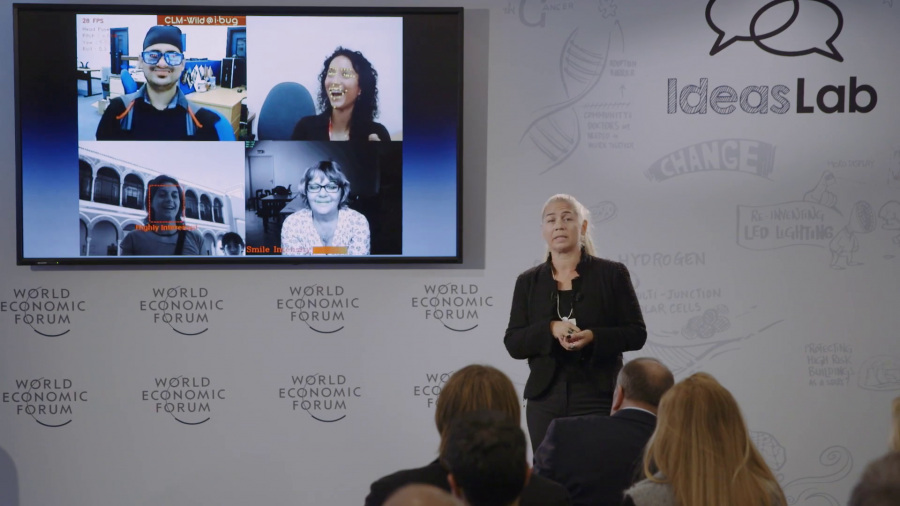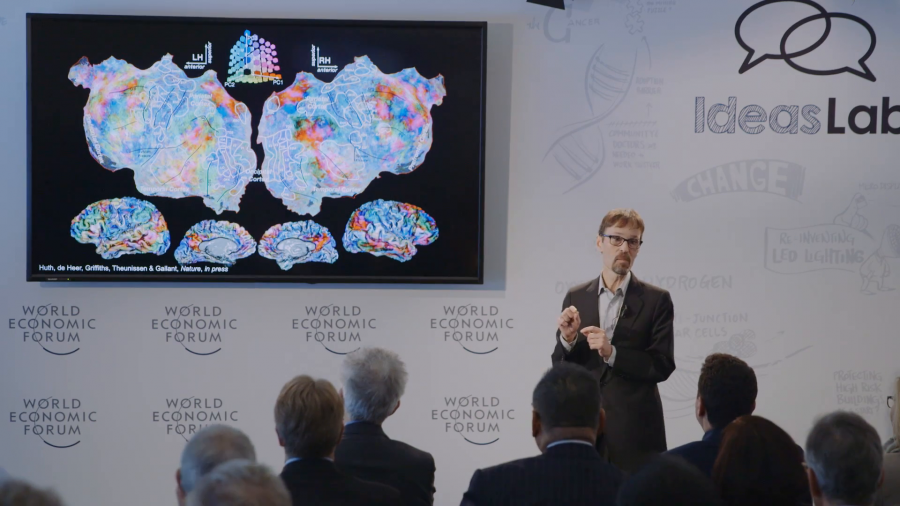The face is a constant flow of facial expressions. We react and emote to external stimuli all the time. And it is exactly this flow of expressions that is the observable window to our inner self. Our emotions, our intentions, attitudes, moods. Why is this important? Because we can use it in a very wide variety of applications.
Archive (Page 2 of 3)
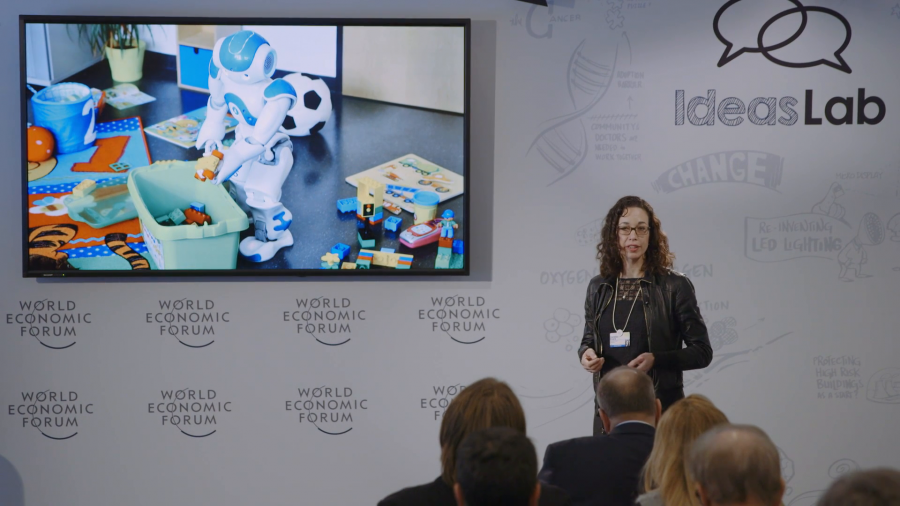
Social referencing is so great robots should do it, too. But first there are some technical challenges that we need to solve. For instance, low energy consumption. Throughout these technical challenges, what these robots really need to do is understand the social environment that they are in.
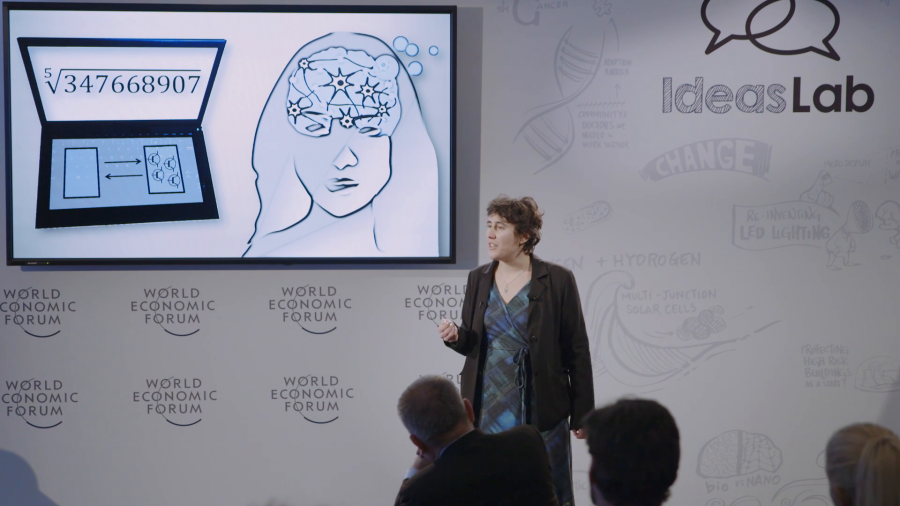
If we want to continue increasing the performance of our computers, we need to rethink the way we compute. And our brains are wonderful proof that impressive computations can be carried out with a very low power budget.
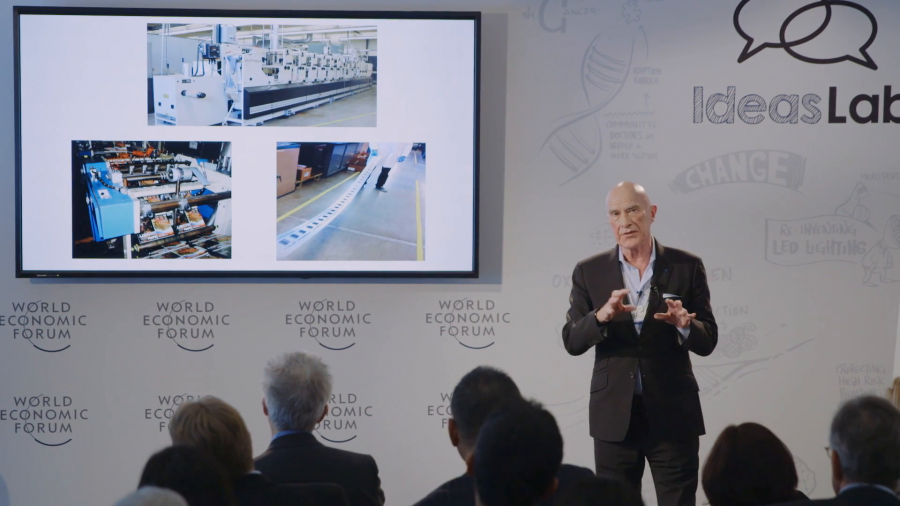
As we began this work in 1987, 1990, going through that period, 3D printers were pretty clumsy. But now they’re cheaper, they’re much more precise and much more accurate. So, [now] we can actually print the chemicals for a battery.
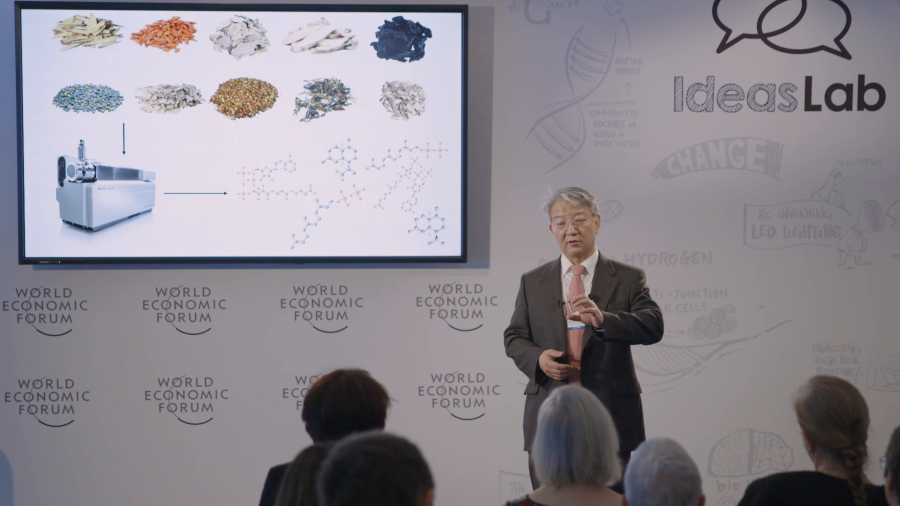
Why are natural compounds better than synthetic chemicals to treat diseases? We have intensively analyzed all those known compounds in the natural products, and found that these compounds have higher similarity, especially structural similarity, to human metabolites.
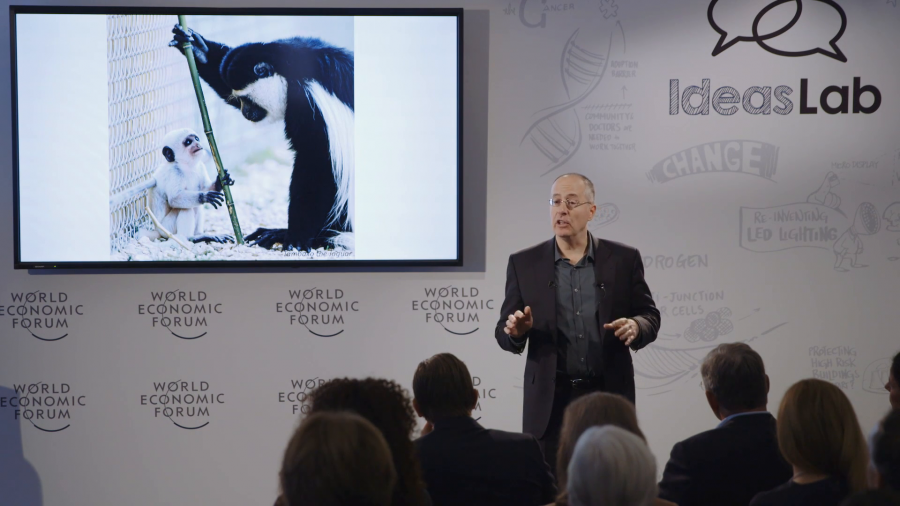
When lower primates form a hierarchy, those at the bottom undergo a change in their dopamine system. This makes them more likely to consume drugs in an addictive fashion. Now, if this turns out to be true of our species, that would mean that human beings are particularly vulnerable if they’re in some way dominated or don’t have any power.
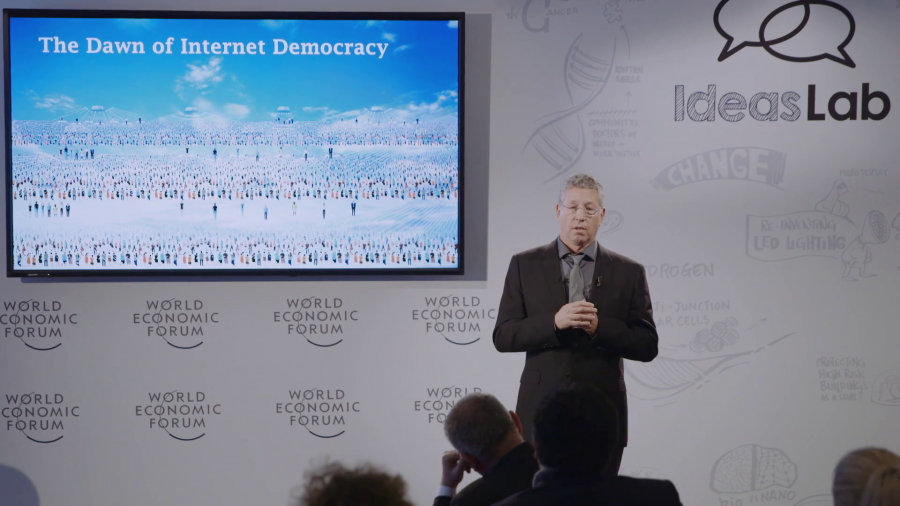
My main point is that Internet technology today does not support the right of assembly, and therefore it cannot and does not support democracy. The reason is that even though we can easily form groups on Google, Facebook, you name it, we don’t know who the people on the group are.
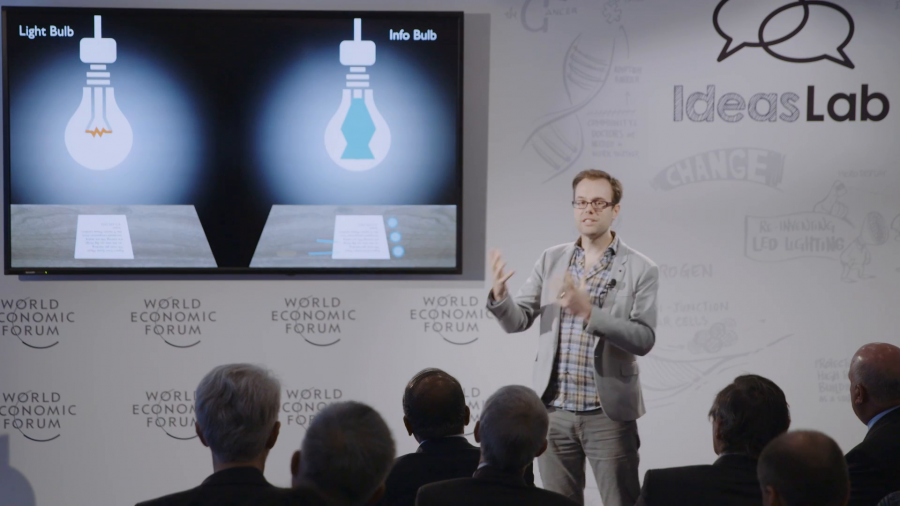
What we’re trying to think about now is, take the sort of venerable light bulb and recast it as a computational appliance. So, how do we take something that’s been so remarkably successful and infuse it with computational abilities?
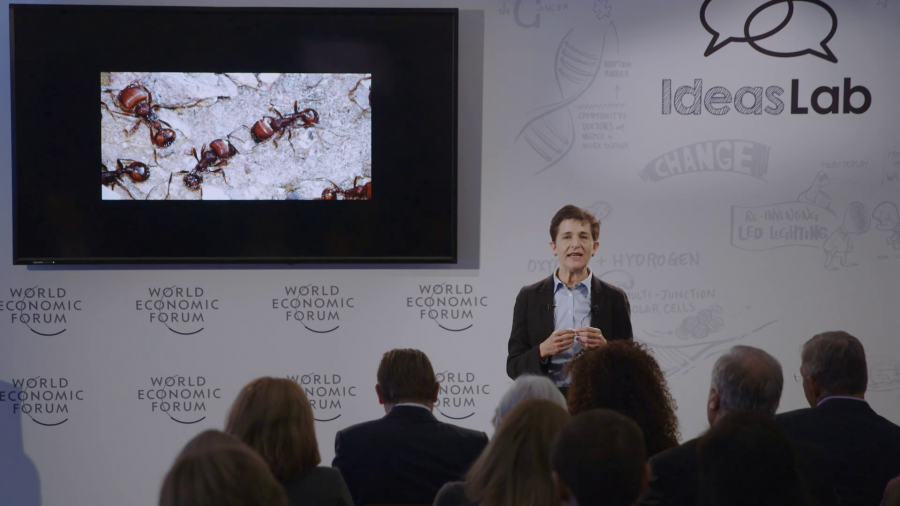
How can we extend what we are learning about how simple local interactions in ant colonies or in brains, in the aggregate, produce the collective behavior of the group and the way that it responds to changing conditions? How can we extend what we’re learning about collective behavior in other systems to begin thinking about collective behavior in human social organizations?

